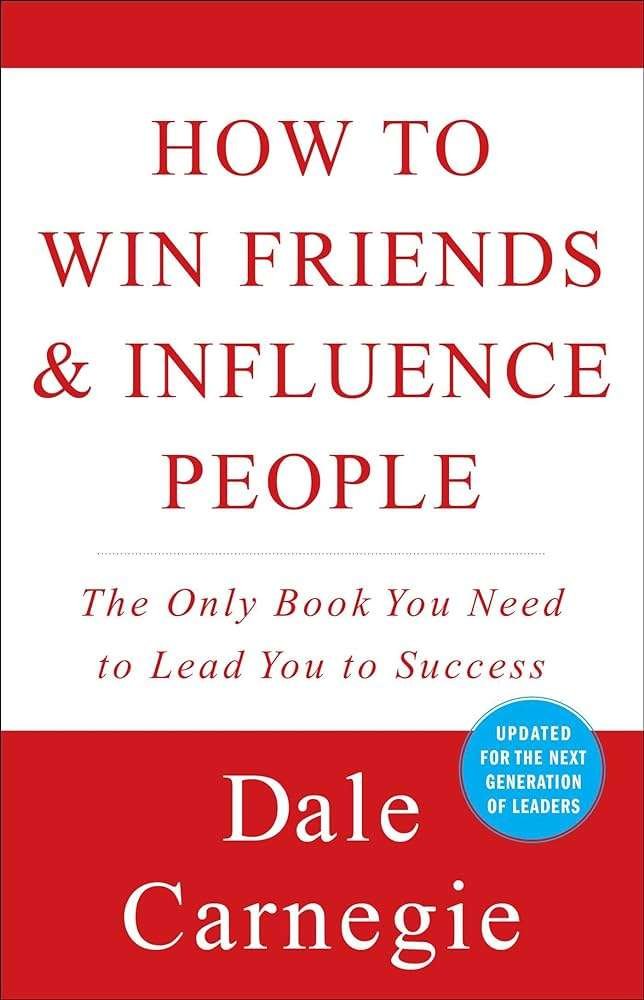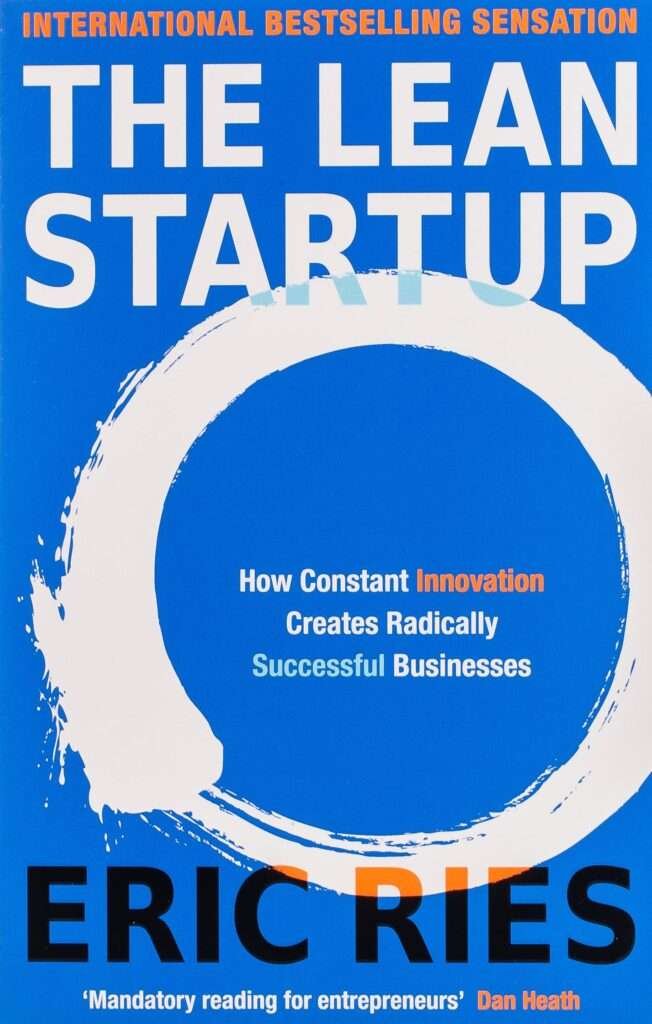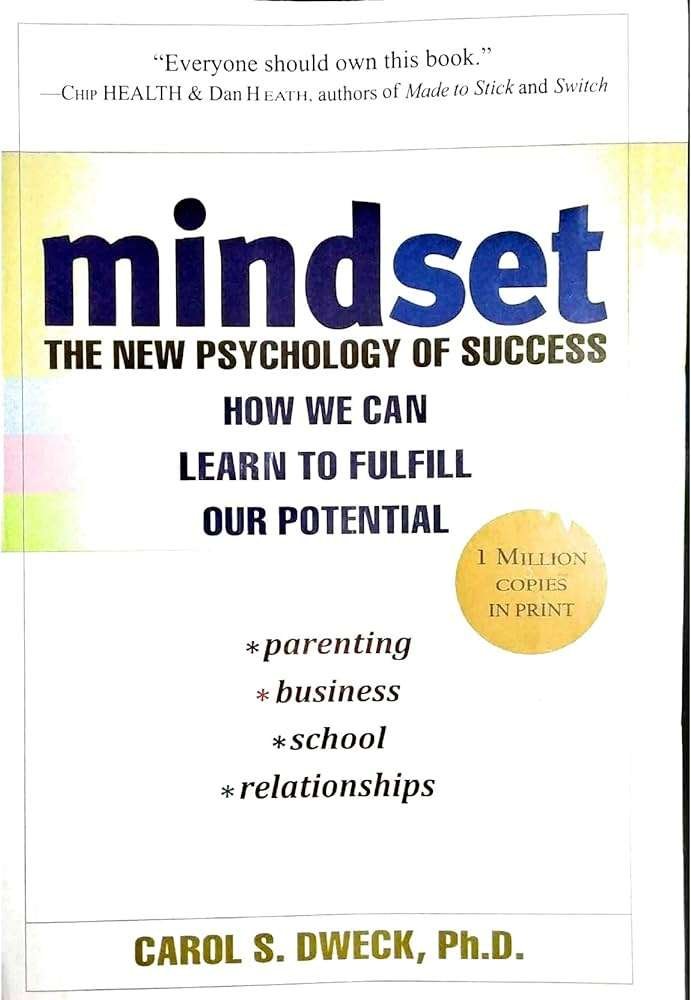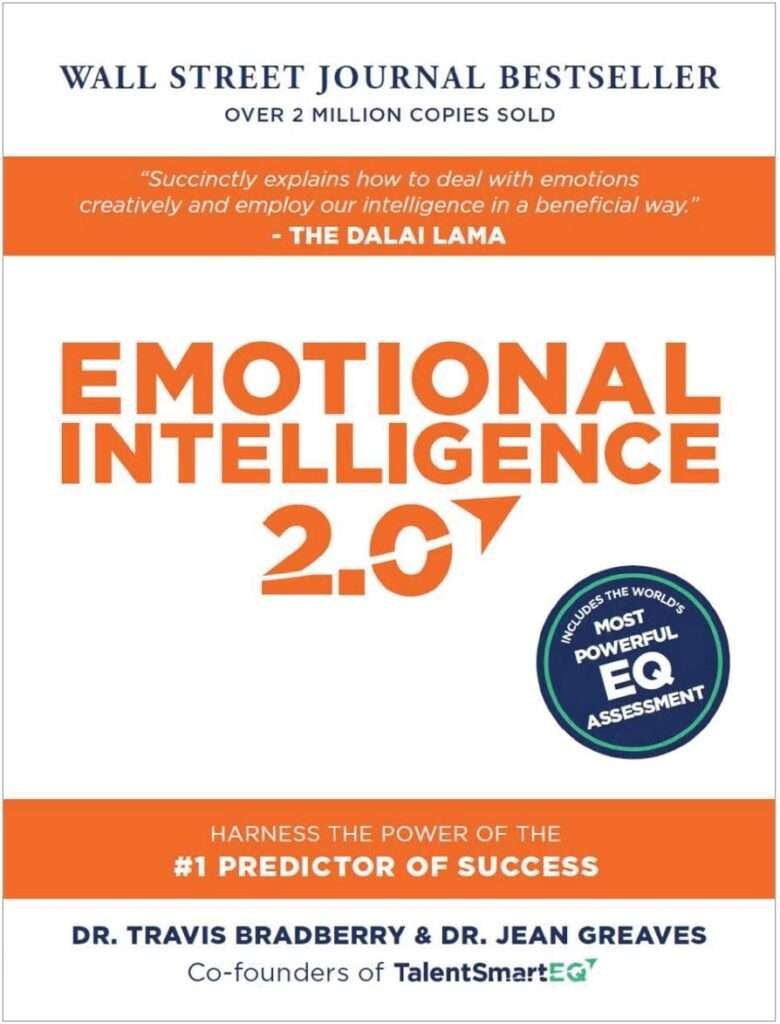Introduction
Today with competition in job market it’s very important to continuously develop professionally to get a good career opportunity. So it is very important to read books which are focusing on the basic professional skills and this book helps you greatly in getting so many valuable insights, strategies, tactics that help you become an expert or a master of your game. The list below includes the top five books that will teach you amazing skills and help fulfil your career aspirations.

What Is the Benefit of Gaining Professional Skills?
Acquiring career-oriented skill has a number of advantages; on your overall profession it might do magic. It is because these capabilities help you become more efficient in what you do, allows to accept and implement change/ new challenge (relevant for every domain), assist your profession/career advancement. Here are some key benefits:
Career Advancement — Learning professional skills and for advancement in jobs, business or career.
Boosted Job Performance: Better skilled personnel mean better job performance, more productivity and efficiency.
Problem solving skills can be increased: The more you practice your professional training, the better you’ll become at addressing complex problems and making decisions that are well informed.
Feeling of Achievement: Job satisfaction can increase when you master the new skills relevant to your role, and in turn will make those tasks easier.

How Can Professional Skills Help Us?
Technical abilities are crucial to achievement in your occupation and schooling alike. Here’s how they can help:
Better Communication: Good communication skills help you to interact with your colleagues, clients and the stakeholders.
Leadership and Management: Having leaderships, being a manager sets you up to lead teams of people working on projects inside your organization.
Innovation and Creativity1: Professional skills assist in the generation of innovative ideas and creative solutions.
Problem-solving, emotional intelligence: These will better prepare you to adapt and cope with change.
How Books Can Help Us Develop Professional Skills
You can also develop your professional skills by reading books. They offer:
Expert Insights: Books by experts deliver rich insights and tactical advice that can help you develop your skills.
Step by step exercises (Most books also come with a ton of actionable strategies and things to do, directly affecting your work or professional capabilities)
Reading across genres and authors allows you a glimpse into the mind of others than just your favorite role model. It trains for diversity mindset — biased arrays undermine divergent thinking aka creative problem solving! Important skill set in complex environments which is quite common nowadays.
Lifelong Learning: Books contribute to the process of lifelong learning in your area, and updating you on it.

1. “How to Win Friends and Influence People” by Dale Carnegie
If there was a Blair Witch Project for the self-help industry, it would be Dale Carnegie’s best-seller from 1936 How to Win Friends and Influence People — one scrawled in blood with such eminently practical advice as “let him feel that idea [criticism] is his,” so that even today Jack Welch frets over being forced into reading guy-books like this. First Published in 1936, and hundreds of millions copies sold worldwide), this book is still one of the most popular books around achieving excellent social skills that affect others.
- Key Concepts:
- Fundamental Techniques in Handling People: Carnegie wag talks about things like showing sincere appreciation, avoiding criticism and arousing in the other person an eager want.
- Six Ways to Make People Like You: The principles of socializing, including becoming genuinely interested in people and memorizing the names.
- How to Win People to Your Way of Thinking: The only way you can get the best of an argument is to avoid it, be transparent in regards appreciatory remarks towards other person and ask more questions.
- Acting as a Leader: The approches to inspire and motivate others, such as praising when making improvement or supporting with enthusiasm.
- Why It’s Essential: Mastering these skills can significantly improve team dynamics, client relationships, and networking opportunities, making it an invaluable resource for career advancement.
Quote: “The only way to get the best of an argument is to avoid it.” – Dale Carnegie

2. “The 7 Habits of Highly Effective People” by Stephen R. Covey
The 7 Habits of Highly Effective People — by Stephen R. Covey Originally released 1989, the book has long been hailed as a more holistic way of pursuing success through character and integrity.
- Key Concepts:
- Being Proactive: Acting in advance to deal with an expected change or difficulty.
- Start with the End in Mind- Create vivid personal and professional goals, then live your timekeeping to reflect that vision.
- First Things First: Focussing on what is important, rather than what seems urgent and managing time well.
- Think Win-Win: Looking for a those-win solutions in the interaction/ negotiations.
- Habit 5 — Seek First to Understand, Then to Be Understood— We will learn about empathetic listening and effective communication.
- Synergize: Shading Resources through teamwork and collaboration.
- Sharpen the Saw: Renewing physical, social/ emotional, spiritual and mental self.
- Why it Matter: Covey’s principles are the opposite of hacks to improve your personal effectiveness, time-management and leadership, they are about transforming YOUR LIFE PERSPECTIVES WHICH ARE ESSENTIAL for improving productivity in career growth.
Quote: “The key is not to prioritize what’s on your schedule, but to schedule your priorities.” – Stephen R. Covey

3. “The Lean Startup” by Eric Ries
The Lean Startup by Eric Ries This method is the pivoted approach to administration and also fostering of new start-ups. Legalized (LeanPub, May 2011) — legally cleared versionThe book introduced the scrapped of lean principles advocating rapid iteration and validated learning in creating successful companies.
- Key Concepts:
- Build-Measure-Learn: Creating a minimum viable product, measuring it with real users and feedback & adjust.
- Word of the Digital Week Validated Learning ulean for real data studies and decision-making not guesswork.
- Statistical Discipline: Applying methods to measure progress using actionable metrics and shown leadership mist the decision of changing or sticking with your product. For this reason it innovation accounting is key part in myths about Lean Startup.
- Lean Thinking is about getting rid of waste through focusing on delivering value and improving processes, sometimes all the time.
- Why It Matters: Familiarity with lean methodologies can teach people in entrepreneurship, product management and innovation how to achieve results fast nimbly adjust for market changes and create strong ventures.
Quote: “The only way to win is to learn faster than anyone else.” – Eric Ries

4. “Mindset: The New Psychology of Success” by Carol S. Dweck
What is Mindset: The New Psychology of Success about? A psychologist who had been studying achievement for most of her career, Carol S. Dweck explores the concept in depth and how it affects motivation levels to help understand why some people are prone to long-term success while others tumble after initially great performances leaves us with more questions than answers – at least where mindset is concerned! Originally published in 2006, the book spells out a fixed and growth mindset and shows why cultivating that latter is key to success as well as greater resilience.
- Key Concepts:
- Fixed vs growth mindset: A fixed mindset is when we believe that our abilities are set and cannot be improved upon whereas a Growth Mindset believes in the ability for change, improvement through effort or learning.
- Mindset and Performance— The book explains how mindset affect success, learning and progress in education (and every other aspect of life — sports; business.
- Unleashing the Growth Mindset: Techniques to jumpstart growth mindsets in oneself and others, such as taking on challenges, listening to (and learning from) critical feedback, or persevering when faced with obstacles.
- Why this Happened: A growth mindset is invaluable in creating resilience, adaptability and iterative learning that are all key components of overcoming challenges and yes- having career success long-term.
Quote: “The view you adopt for yourself profoundly affects the way you lead your life.” – Carol S. Dweck

5. “Emotional Intelligence 2.0” by Travis Bradberry and Jean Greaves
Emotional Intelligence 2.0 by Travis Bradberry and Jean Greaves is all about understanding your EI — what it means, how to assess yours (via an online test) and improve on that crucial little score of ours so we can better understand ourselves out in the world_others too! The book, published in 2009, offers how-to cultivate the four core skills of EI: emotional self-awareness, self-management (emotional control), social awareness and relationship management.
- Key Concepts:
- Self-awareness: What you need to work on is identifying your emotions and their influence over your actions.
- So, Self-Management: The ability to move up and down that arousal level effectively in service of your goals.
- Social Awareness: Perceiving and effectively responding to the needs of others.
- Relationship Management: This skill pertains to your proficiency at creating and keeping up a balanced, social exchange where information will flow happily between you and the people that matter.
- Lets Understand Why It Is Necessary : Strong emotional intelligence is key to good leadership, team dynamics and career development. It gives step-by-step advice to boost EI, develop better empathy and manage office relationships also.
Quote: “Emotional intelligence is the ability to make emotions work for you, instead of against you.” – Travis Bradberry and Jean Greaves

Conclusion
It will be really a productive use of time for you investing in reading these top books regarding Professional Skills册. With these books you will gain different perspectives and learn essential strategies required for your personal as well professional development. You can learn important skills to make you more effective and position yourself for career success by applying the principles in these great works,
Frequently Asked Questions (FAQs) About Professional Skills and Books
1. Why are professional skills important for career development?
Answer: Behavioral skills support career development by enabling better job performance, more effective change in a newer working circumstances and possible increase of roles on the profession. A necessary element for better representation in companies and, at the same time helping organizations to find talent that brings other perspectives is providing training on diverse skills. Mastering a professional skill also results in various career growth, job satisfaction aspects.
2. How can I identify which professional skills I need to develop?
Answer: To uncover which professional skills you will benefit from developing, first benchmark your current skill-set against either the competencies needed to succeed in a given role or those involved with landing an entry-level job on your desired career trajectory. Get feedback from your peers, supervisors and those who have been in this profession long to get an idea where you can improve. Also, look over job descriptions and industry tend to get a sense of what are skills needed in the market. Other avenues to try include personal assessments, like skills inventories or self-reflection exercises.
3. What are some effective ways to develop professional skills?
Answer: Effective ways to develop professional skills include:
- Reading Books: Books on professional development provide valuable insights and strategies for skill enhancement.
- Taking Online Courses: Online courses and workshops offer structured learning and practical exercises.
- Networking: Engaging with industry professionals and attending conferences can provide new perspectives and learning opportunities.
- Practical Experience: Applying skills in real-world scenarios through projects, internships, or on-the-job experiences helps reinforce learning.
- Seeking Feedback: Regular feedback from colleagues and mentors helps identify areas for improvement and track progress.
4. How can reading books help in developing professional skills?
Answer: Books offer expertise, with authors sharing their knowledge, tools and strategies. Unlike many other resources, books come embedded with case studies, examples from the real word and exercises all of which are designed to help you both learn about a skill and apply it also. It covers wide perspectives of different categories and thus giving you new views as well methodologies. Apart from that reading promotion life long learning and helps in staying current with industry trends.
5. Can you recommend some books for specific professional skills?
Answer: Certainly! Here are some books for specific professional skills:
- Communication: “How to Win Friends and Influence People” by Dale Carnegie.
- Leadership: “The 7 Habits of Highly Effective People” by Stephen R. Covey.
- Innovation and Entrepreneurship: “The Lean Startup” by Eric Ries.
- Mindset and Personal Growth: “Mindset: The New Psychology of Success” by Carol S. Dweck.
- Emotional Intelligence: “Emotional Intelligence 2.0” by Travis Bradberry and Jean Greaves.
Each of these books offers valuable insights and techniques tailored to enhancing specific professional skills.
Check Out The Sources
Check Out More



